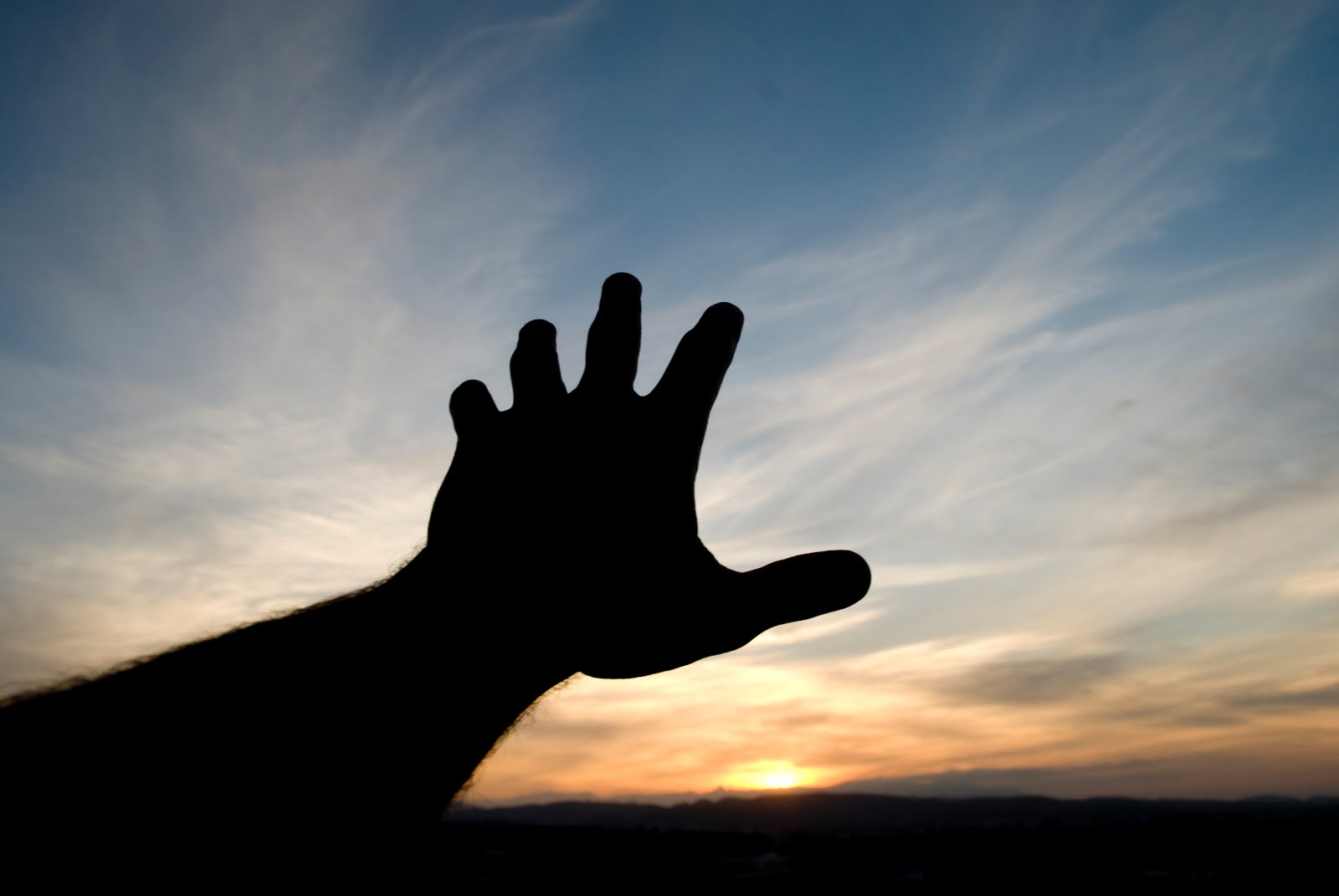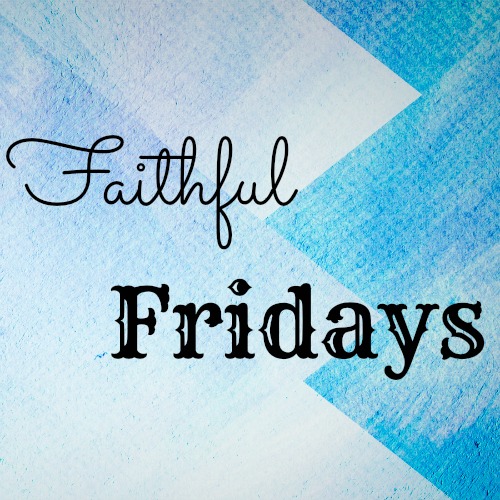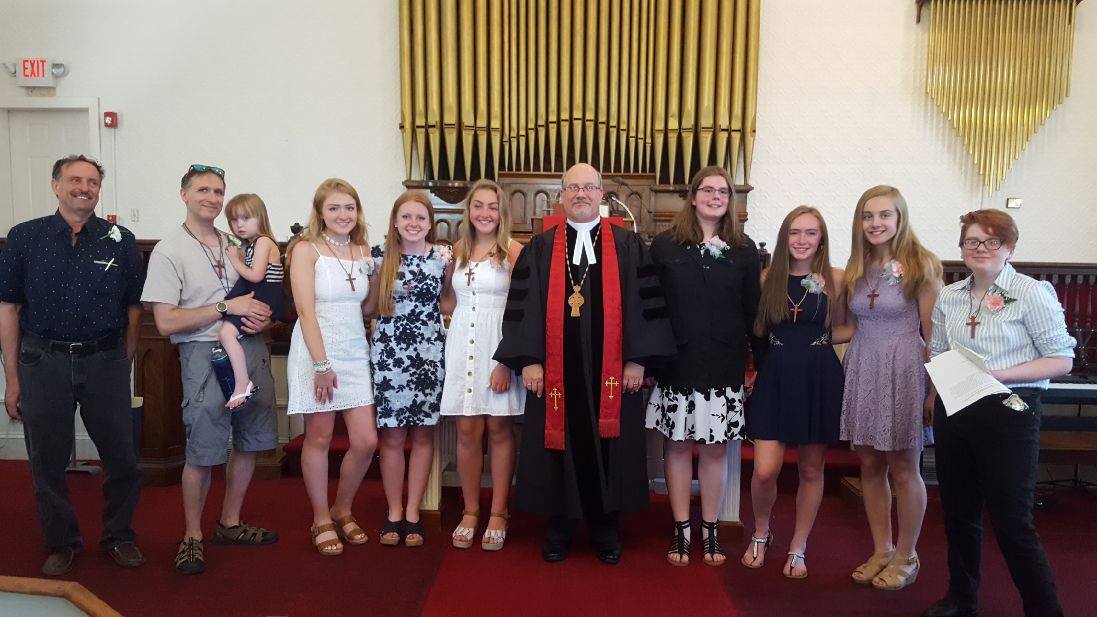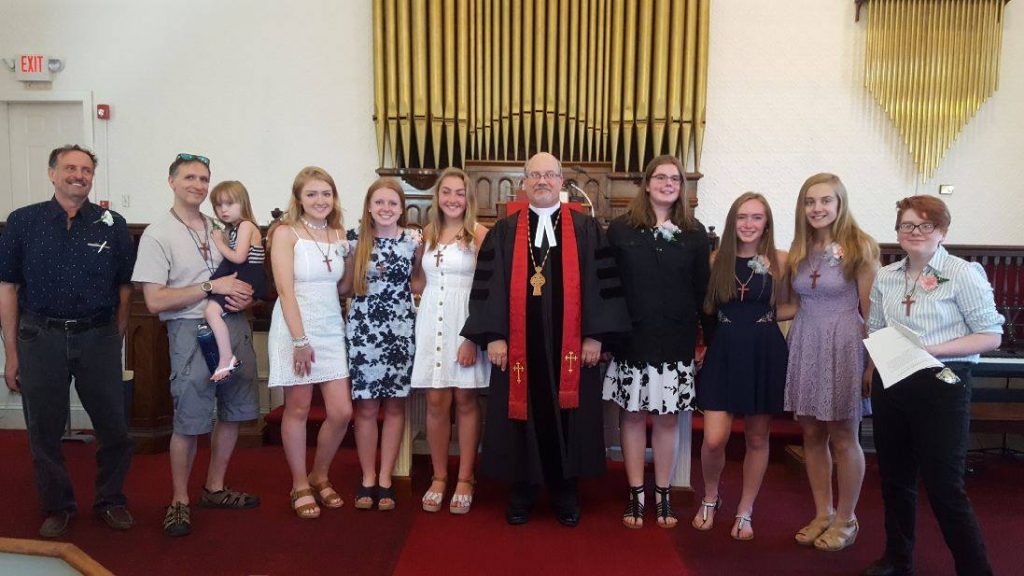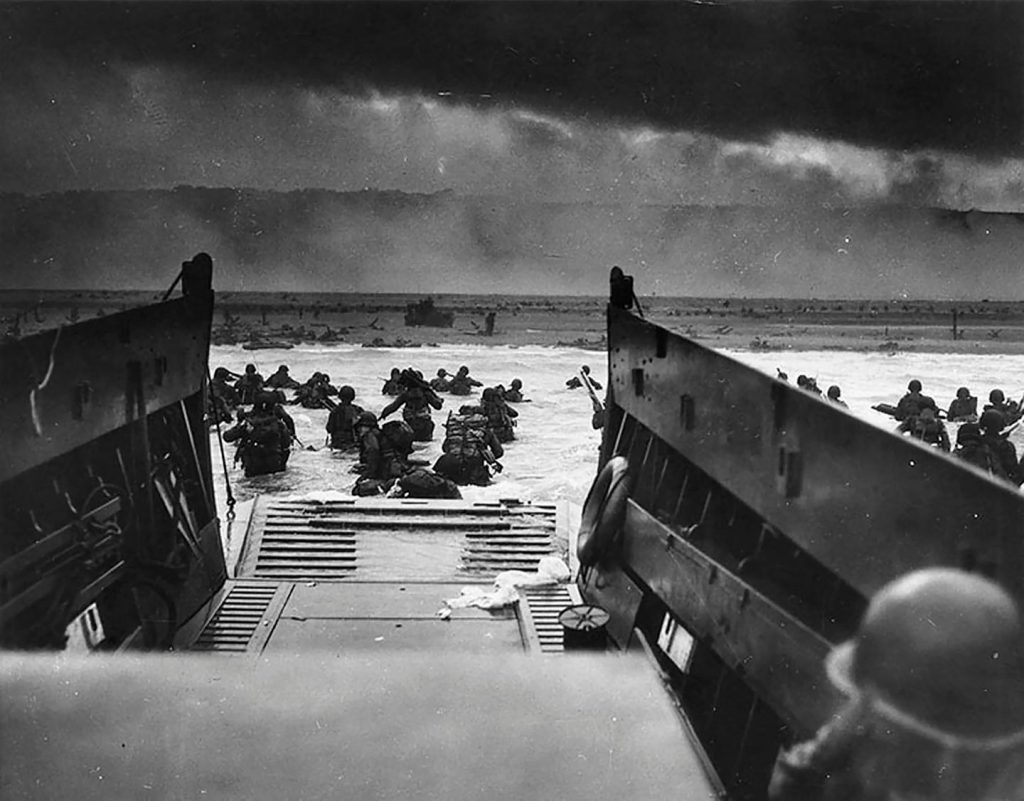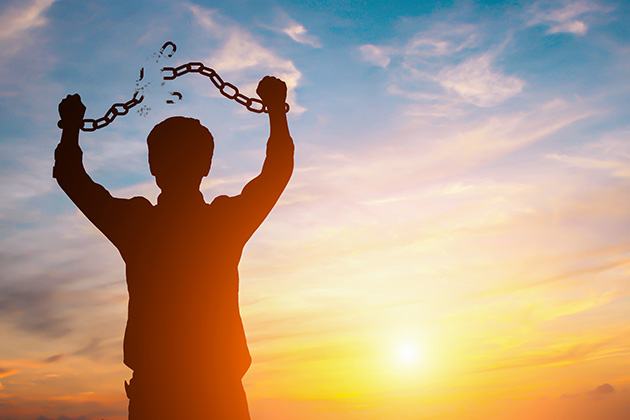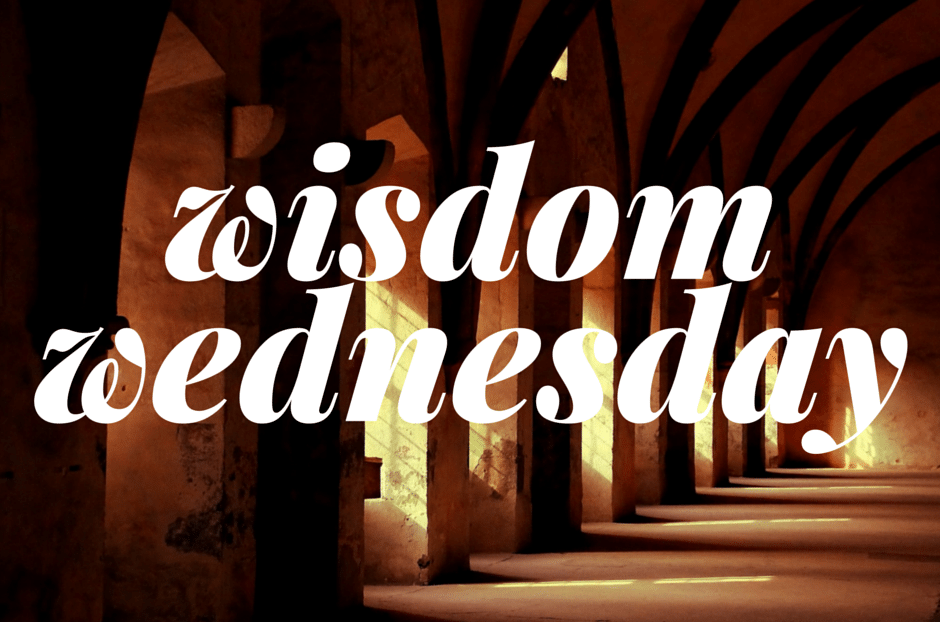A lot is going on in the passage; in fact, there are two sermons in these short 14 verses from Luke but first a word about the Gospel itself. I mentioned last week that Luke has a universalist approach to the Gospel, it is for everyone, and it is about everyone. Luke believed that the Gospel would spread to the far reaches of the known world and so he uses many images and stories that everyone would, and will, understand.
Taken on the whole, this passage is about prayer and our life of prayer and how we should conduct that prayer. I am a believer in prayer and have seen first-hand the results of the power of prayer. I believe that our prayer should be a conversation with God, and so part of that is listening to another person in the discussion, and yes, God will speak to you. I will also confess to you that I do not pray as much as I should, and when I do pray, at least lately, my heart is not in it.
It might be helpful if you keep the bulletin handy so you can read along with me.
The passage is broken up into two distinct stories with the same theme. Verses 1-13 and then 9-11. In the first section, we have a widow and a judge. The widow was looking for vindication from her “adversary,” and the Judge was refusing. We do not know who or what her “adversary” is in the story, but whatever it was it must have bothered her enough to keep coming to the Judge. In the end, the Judge relents, not because he has compassion on the widow but so she will go away and not bother him anymore.
The Judge was not a Jewish Judge. Ordinary Jewish disputes were brought before the elders and not into public courts. Under the law, if the matter needed arbitration, one man could not act, there were always three judges, one chosen by the plaintiff, one by the defendant, and one independently appointed.
This Judge was appointed by Rome or by Herod the King. These judges were notorious, and unless you had money to bribe them, they ruled against you. The widow had no money, and so her case dragged on.
Most characters in the stories Jesus use represent multiple things or groups of people, not just the individual in the story. These stories were, and are, allegorical, so the purpose of the story or the moral teaching is what is important not the facts as they, for the most part, are made up.
The widow represents all who are poor and defenseless. As she was poor and without any resources, widows had nothing and if there was no family to take them in, had to resort to either prostitution, remarriage, or begging on the street. She had no hope of getting any justice from this Judge.
So what is the point of the story? Simple, if the unjust Judge can be wearied into giving the widow what she wants, “vindication from her adversary” then how much more will God, who is a loving parent, give to his children when they are in need? Notice I said need and not want. God answers every prayer, but sometimes, the answer to that prayer is no. Like a parent, God knows what we need and what is good for us. Sure, I might need to win the lottery and pray to God that I do, but if it is not what is suitable for, guess what? God sees time whole, and therefore, only God knows and sees what is right for us in the long run. This is why Jesus told us we should never be discouraged in prayer.
Now let’s turn our attention to the second part of this passage.
Again we have two very different people, a Pharisee, and a Tax Collector. They have come to the Temple to pray. Devout Jews prayed three times each day; 9 a.m., 12 noon, and 3 p.m. Prayer was to be extra special if it could be done in the Temple so, at these three hours, many went to the Temple courts to pray.
This cycle of prayer is still in use. In monasteries and other religious houses, the members of the community usually gather together for prayer at these hours but might also add an earlier morning prayer and one or maybe two additional hours in the evening and night. Muslims also pray at these times and, like the Jews, feel their prayers are better if they can get to a Mosque to pray for at least one of these times.
But we need to focus our attention on the two players in the story.
First, we have the Pharisee. He was not there to pray to God. He prayed with himself. True prayer is offered to God and God alone. In the prayer that Jesus taught us, he taught us to pray, Our Father…. We direct our prayers to God, not to Jesus or anyone else but God. Jewish law proscribed only one fast that all Jews were obligated to observe, the day of Atonement. Those who wished special merit fasted on Mondays and Thursdays, the days that the markets were open in Jerusalem. Those who fasted would whiten their faces and would appear in disheveled clothing and would sit in the market so their piety would be on display for the most massive audience. The Pharisee did not go to pray; he went to tell God how good he is.
We have the Tax Collector. He stood off, by himself, not even lifting his eyes to God. The translation does not do his prayer justice for he actually prayer, “O God, be merciful to me – the sinner.” He was not just a sinner, but he was THE sinner. Jesus says that it was that heart-broken, self-despising prayer that won him acceptance before God.
There are three things about prayer in this parable.
1. No one who is proud can pray. It has been said that the gate of heaven is so low that the only way we can enter it is on our knees.
2. No one who despises their fellow humans can pray. In prayer, we do not lift ourselves above others. As Christians, we are no better than non-Christians in fact; I know plenty of non-Christians that are much better Christians then the Christian I know. There is nowhere in the teachings of Jesus where he tells us it is okay to be proud and arrogant and that, just because we say we believe in him even though our actions might say otherwise, that we are better than anyone else.
3. True prayer comes from setting our lives beside the life of God. No doubt everything the Pharisee said about himself was true. He did fast; he did tithe; he was not like others, especially the Tax Collector. But the question is not, “am I as good as other humans?” The question is, “am I as good as God?” As Christians, we are not to compare ourselves to other Christians; we are to compare ourselves to Jesus and ultimately to God. What does Jesus expect of us? This is not a trick question I tell you all the time, Love God, Love neighbor. Are we doing that? Are we genuinely doing that or just paying it lip service? Do we genuinely tithe to the church in time, treasure, and talent? Do we earnestly pray not only for ourselves but for others? We can all do better, and that is the point, none of us are perfect.
We should not attempt to compare ourselves to others, especially in the sense that the Pharisee did, by telling God that “at least he was not like that Tax Collector over there.” Our gauge, or marker, our archetype is the way of Jesus and the love of God, that’s it.
One of my spiritual heroes is Maria of Paris. Maria was a Russian Orthodox Nun that lived in Paris and brought aid and comfort to the Russians that had fled there after the Bolshevik Revolution. She worked tirelessly to help anyone she could with what she had often gone without a meal herself to provide one for another. The Nazis killed mother Maria in a gas chamber on Good Friday 1945, her crime; she helped people.
She has many quotes, but my favorite will be our prayer to end this time.
“At the Last Judgment, I shall not be asked whether I was successful in my ascetic exercises, nor how many bows and prostrations I made. Instead, I shall be asked did I feed the hungry, clothe the naked, visit the sick and the prisoners. That is all I shall be asked. About every poor, hungry and imprisoned person, the Savior says ‘I’: ‘I was hungry and thirsty, I was sick and in prison.’ To think that he puts an equal sign between himself and anyone in need. . . . I always knew it, but now it has somehow penetrated to my sinews. It fills me with awe.”
Amen.

